Has helicopter parenting gone too far?
Gen Xers and millennials might have grown up sleeping over at friends’ houses, bingeing on video games, having pillow fights and indulging in prank calls, but when it comes to their own kids, they’re saying no to such revelry.
Jenn Hoskins, a 43-year-old mother based in Orlando, Fla., says that sleepovers are an absolute no-go for her nine children until they’re over the age of 16. The matriarch, whose kids range in age from three to 21, fears that her kids will be exposed to online pornography and violence, as well as predators on social media — and even in person — if they’re sleeping outside of her home.
“There are a lot of wild cards nowadays, especially with technology and what’s able to be accessed,” Hoskins told The Post. “It’s scary now. And I’m like, ‘No, we’re not doing that.’”
Hoskins, who boasts a TikTok fan base of over 229,900 followers, is among the growing number of parents who are part of the 12.3 million-strong #NoSleepovers movement online.
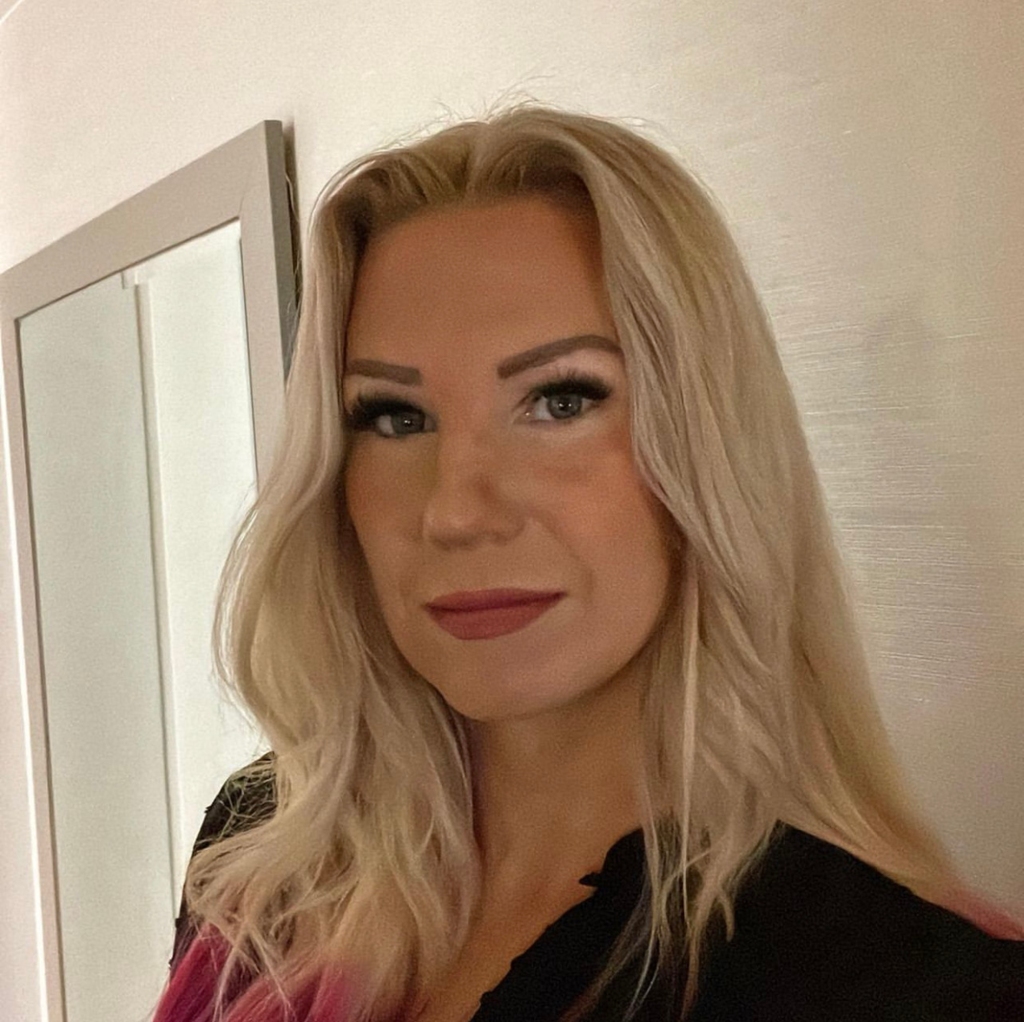
The trend recently went viral, thanks to the TikToks of child and adolescent psychiatrist Larry Mitnaul, who suggested that overnighters are too risky when it come to social media use and potential exposure to drinking, drugs and sexual indecency.
“[Sleepovers] often provide the right opportunity for kids to get into things that are way over their heads, whether they intend to or not,” Mitnaul, a father of six from Wichita, Kans., says in one TikTok video that has garnered some 2.7 million views.
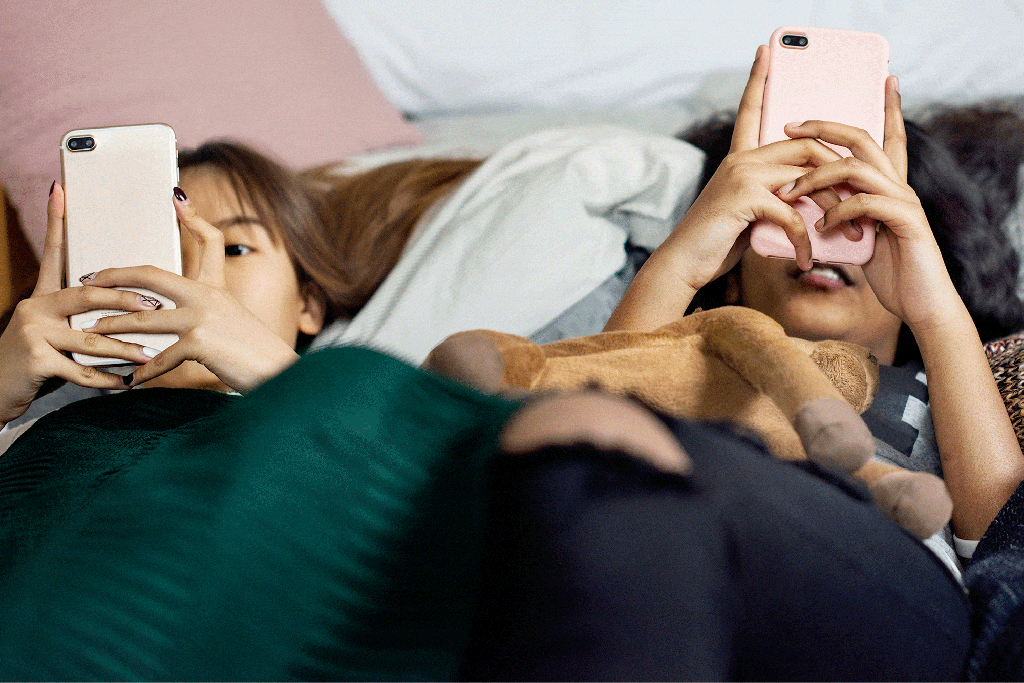
Hoskins first put the kabosh on sleepovers in the 2000s when her oldest sons, now 21 and 20, were in their tweens. Her strict policy hasn’t always been popular with her kids, but she’s held firm.
“They might question it or [argue a little] about the rule,” she said. “But I’m like, ‘Do you trust me? I’m your mom. I want what’s best for you. I have to make sure you’re safe.’”
As a compromise, she lets her clan do “half-overs,” a “privilege” where the kids can participate in slumber party activities at a friend’s house until 10 p.m., at which point she picks them up and takes them home to slumber in their own bed.
Mom of two Amber Craig, from Alberta, Canada, calls her alternative to sleepovers “late-overs.”
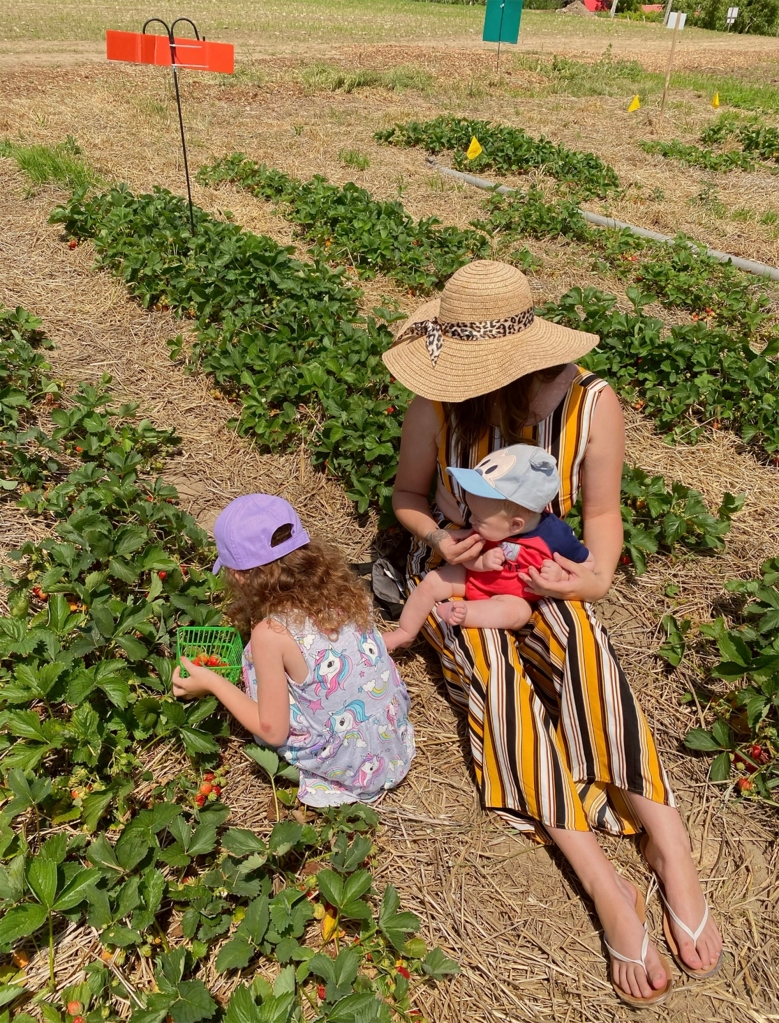
She grants her five-year-old daughter, who’s already racking up overnight invites, permission to snack, giggle and play with her buds until 9:00 p.m.
“She still gets the childhood memories of sleepover fun,” Craig, a 22-year-old gentle-parenting influencer, told The Post, “but when it’s time to go home, it’s time to go home.”
But Yamalis Diaz, a child and adolescent psychologist at NYU Langone Health, says sleepovers can be fun and developmentally beneficial experiences for kids, granting them the opportunity to freely engage and bond with their peers in a social context outside of school or extracurricular activities.
“They do serve a really nice function,” Diaz told The Post. “As your kid gets older, if their peer group is doing sleepovers, and you, as a parent, are taking them out of that social context, you are limiting their ability to develop and practice [social] skills, and [hindering their ability] to participate in their world.”
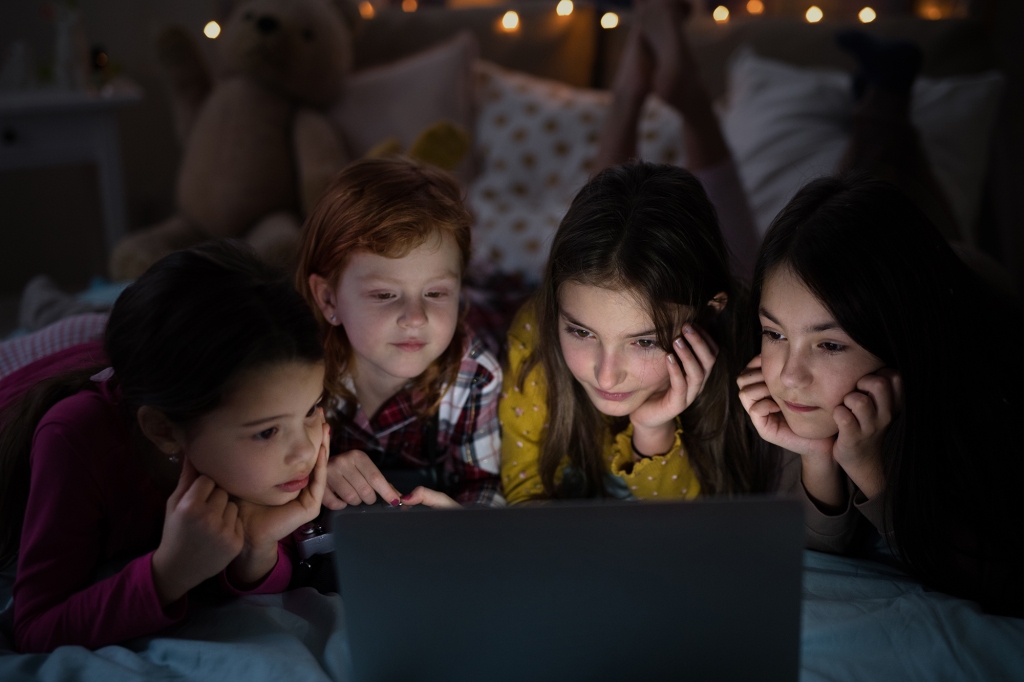
However, she emphasizes that parents should set clear and firm boundaries upfront.
“Establish very specific sleepover rules and potential consequences for breaking any of those rules,” Diaz said.
“I also suggest creating ‘exit strategies’ for your kids,” she added, noting that parents should coach their children on how to respond in various scenarios and give them a safe way to reach out for help if necessary. “These [exit strategies] are plans that they can rely on if they’re [spending the night at a friend’s] and find themselves in uncomfortable situations.”
Pro-sleepover mom Jax Anderson provides her 11-year-old daughter Evelynn with a phone for overnight stays, and encourages the tween to call her at any hour of the night if things get out of hand.
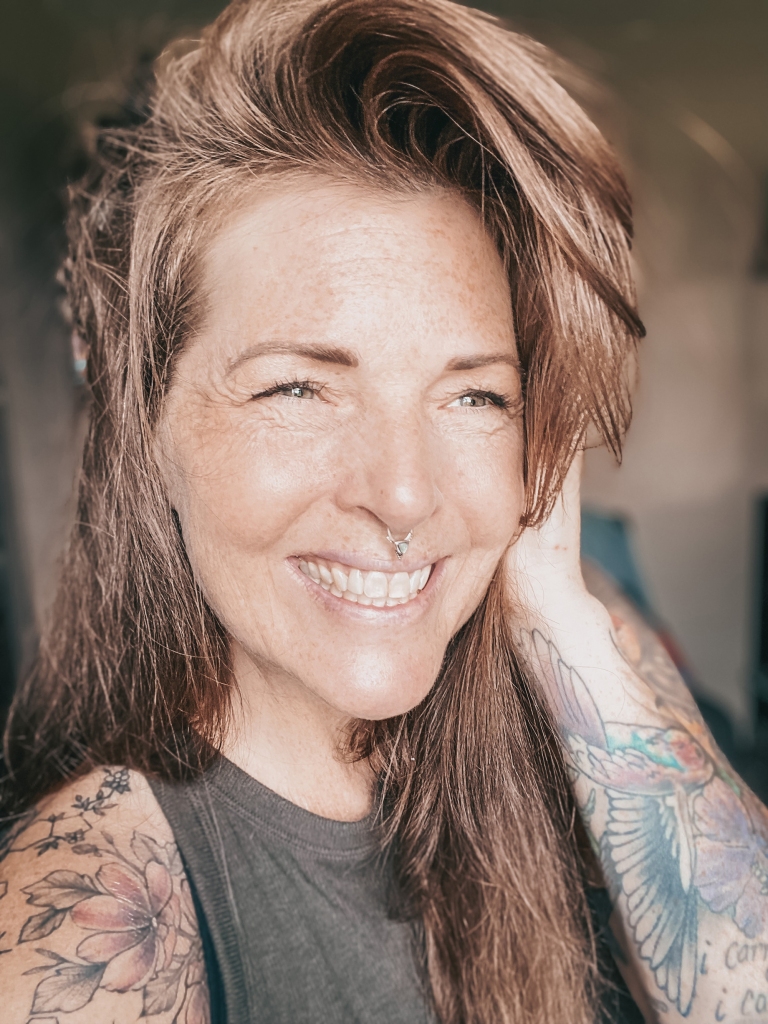
And, when the child psychotherapist, from northeast Wisconsin, hosts slumber parties at her own home, she provides the kids tips on how to experience certain sleepover thrills without getting themselves in trouble or harm.
“I give them the permission to [watch certain movies or play certain games] and give them the options to choose from,” Anderson, 48, told The Post. “[And] I tell them that I don’t want them to [break the rules], but if they’re going to, these are some of the things that you can do.”
“Sleepovers are a rite of passage for kids,” she added. “Completely taking that off the table, as a parent, is extreme because [bad things] can happen anywhere not just a sleepover.”
Read the full article Here


